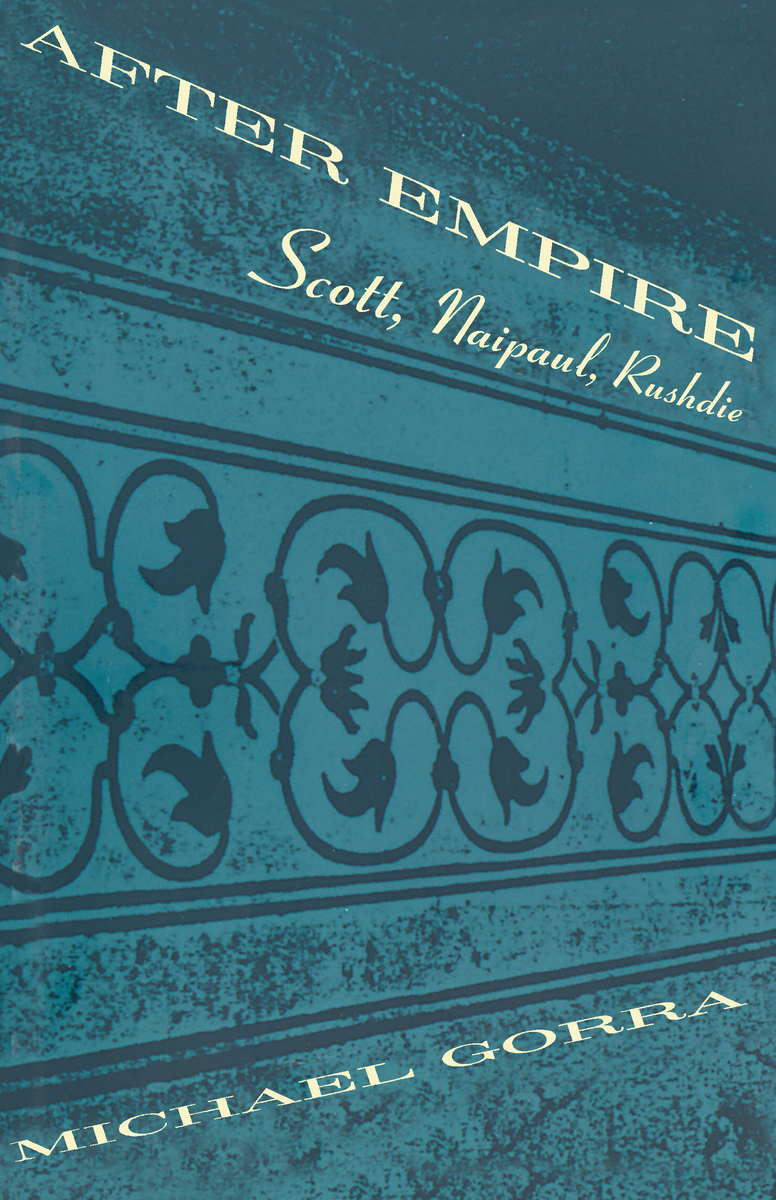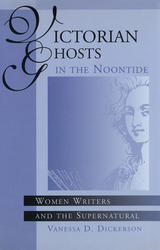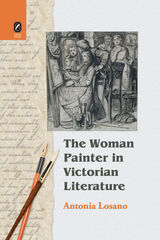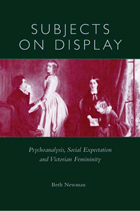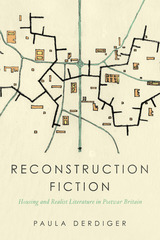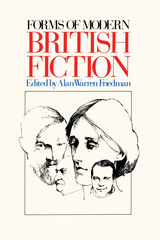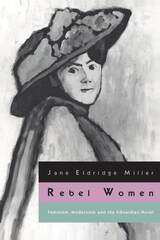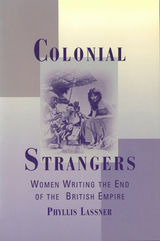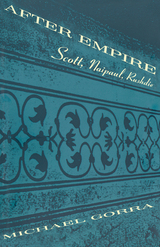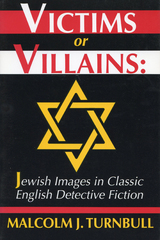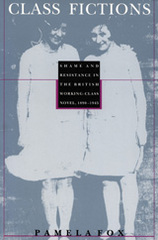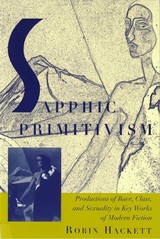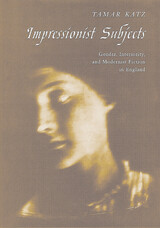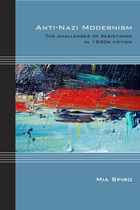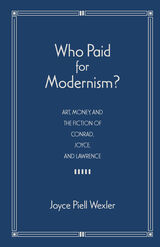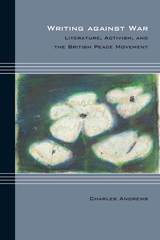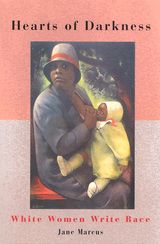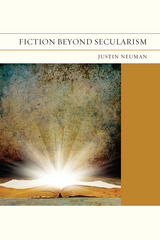After Empire: Scott, Naipaul, Rushdie
University of Chicago Press, 1997
eISBN: 978-0-226-30476-2 | Paper: 978-0-226-30475-5 | Cloth: 978-0-226-30474-8
Library of Congress Classification PR888.I6G67 1997
Dewey Decimal Classification 823.91409358
eISBN: 978-0-226-30476-2 | Paper: 978-0-226-30475-5 | Cloth: 978-0-226-30474-8
Library of Congress Classification PR888.I6G67 1997
Dewey Decimal Classification 823.91409358
ABOUT THIS BOOK | TOC | REQUEST ACCESSIBLE FILE
ABOUT THIS BOOK
In After Empire Michael Gorra explores how three novelists of empire—Paul Scott, V. S. Naipaul, and Salman Rushdie—have charted the perpetually drawn and perpetually blurred boundaries of identity left in the wake of British imperialism.
Arguing against a model of cultural identity based on race, Gorra begins with Scott's portrait, in The Raj Quartet, of the character Hari Kumar—a seeming oxymoron, an "English boy with a dark brown skin," whose very existence undercuts the belief in an absolute distinction between England and India. He then turns to the opposed figures of Naipaul and Rushdie, the two great novelists of the Indian diaspora. Whereas Naipaul's long and controversial career maps the "deep disorder" spread by both imperialism and its passing, Rushdie demonstrates that certain consequences of that disorder, such as migrancy and mimicry, have themselves become creative forces.
After Empire provides engaging and enlightening readings of postcolonial fiction, showing how imperialism helped shape British national identity—and how, after the end of empire, that identity must now be reconfigured.
Arguing against a model of cultural identity based on race, Gorra begins with Scott's portrait, in The Raj Quartet, of the character Hari Kumar—a seeming oxymoron, an "English boy with a dark brown skin," whose very existence undercuts the belief in an absolute distinction between England and India. He then turns to the opposed figures of Naipaul and Rushdie, the two great novelists of the Indian diaspora. Whereas Naipaul's long and controversial career maps the "deep disorder" spread by both imperialism and its passing, Rushdie demonstrates that certain consequences of that disorder, such as migrancy and mimicry, have themselves become creative forces.
After Empire provides engaging and enlightening readings of postcolonial fiction, showing how imperialism helped shape British national identity—and how, after the end of empire, that identity must now be reconfigured.
See other books on: 1920- | 1932- | Decolonization in literature | English fiction | Imperialism in literature
See other titles from University of Chicago Press
